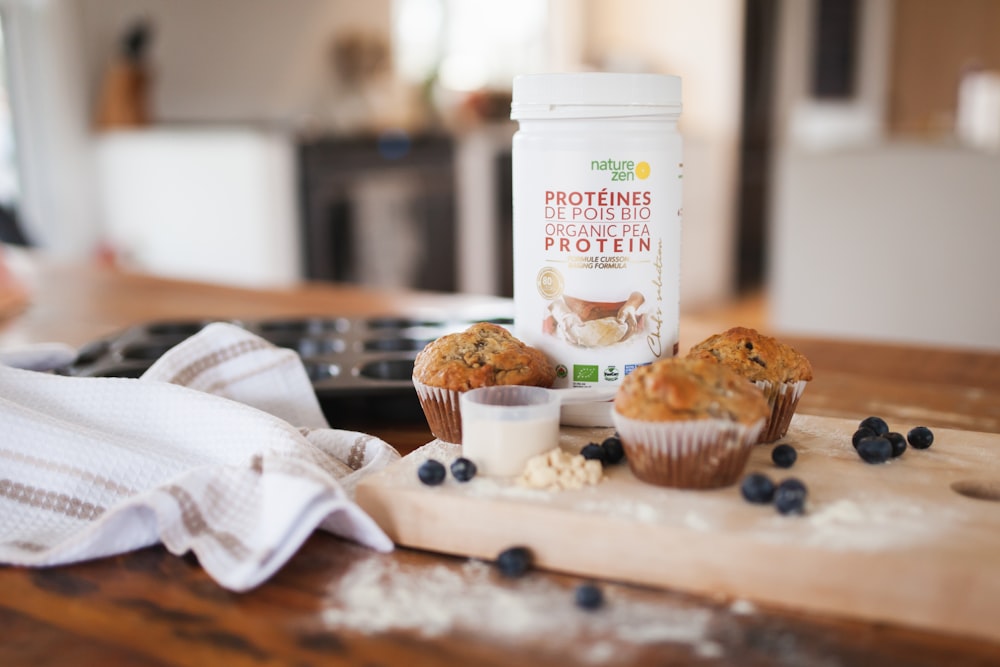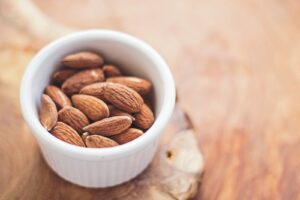As one of the most integral nutrients for optimal health, protein is the talk of the town. Amidst the discussion, plant-based proteins are gaining unprecedented popularity. From fitness enthusiasts to environmental advocates, the shift towards plant-based proteins is becoming increasingly evident. In this inclusive guide, we delve into the world of plant-based proteins, exploring their health benefits, environmental implications, and more.
Table of Contents
- Introduction to Plant-Based Proteins
- Comparative Analysis of Plant-Based Proteins
- Health Implications of Plant-Based Proteins
- Eco-friendly Attributes of Plant-Based Proteins
- Common Queries about Plant-Based Proteins
- Top Sources of Plant-Based Proteins
- Who Should Avoid Plant-Based Proteins?
- Plant-Based Protein Powder Vs. Whey Powder
- Tasting the Best Plant-Based Protein Powder
- Incorporating Plant-Based Proteins into Your Diet
- Conclusion
- About the Author
Introduction to Plant-Based Proteins
With the rise in health consciousness and environmental awareness, more and more people are exploring alternatives to traditional animal-based proteins. Plant-based proteins, derived from foods like beans, nuts, and whole grains, are gaining traction for their myriad benefits. They are not only packed with essential nutrients but also offer a sustainable and eco-friendly alternative to animal proteins.
Comparative Analysis of Plant-Based Proteins
Plant-based proteins are as diverse as they are beneficial. From common options like black beans and tofu to emerging favorites like edamame and quinoa, the plant kingdom offers a plethora of protein-rich choices. Each offers a unique nutritional profile, with variations in calorie content, protein levels, fat, carbohydrates, fiber, and sodium.
| Plant-Based Protein | Serving Size | Calories | Protein | Fat | Carbohydrates | Fiber | Sodium |
|---|---|---|---|---|---|---|---|
| Black Beans | ½ cup | 114 | 7.5g | 0.5g | 20g | 15g | 0.5mg |
| Tofu (extra-firm) | 3.5 oz | 94 | 10.6g | 4.7g | 3.5g | 1.2g | 18mg |
| Chickpeas (low sodium) | ½ cup | 105 | 6g | 2.3g | 16.2g | 5.3g | 158mg |
| Edamame | ½ cup | 94 | 9.2g | 4g | 7g | 4g | 4mg |
| Peanut Butter (no salt) | 2 Tbsp | 191 | 7.1g | 16.4g | 7.1g | 1.4g | 5mg |
| Quinoa (cooked) | 1 cup | 222 | 8.1g | 3.5g | 39.4g | 5.1g | 13mg |
| Oats | ½ cup | 153 | 5.3g | 2.5g | 25g | 4g | 3mg |
| Lentils | ½ cup | 115 | 9g | 0.4g | 20g | 8g | 2mg |
| Vital Wheat Gluten (Seitan) | ¼ cup | 104 | 21g | 0.5g | 4g | 0.2g | 10mg |
| Pea Protein Powder | 1 scoop | 100 | 19g | 2g | 1g | 0g | 260mg |
Health Implications of Plant-Based Proteins
Before incorporating plant-based proteins into your diet, understanding their health implications is crucial. Let’s delve into the science behind these proteins and their health benefits.
Complete Proteins
One of the common concerns regarding plant-based proteins is their lack of “complete” protein status. A complete protein is one that provides all nine essential amino acids that our body cannot produce and must obtain from food.
While many plant-based proteins lack one or more essential amino acids, it’s important to note that a well-balanced diet will likely provide sufficient amounts of all these amino acids. According to a 2019 study, people following vegan and vegetarian diets received more than adequate protein and amino acids, debunking the myth of amino acid deficiency in such diets.
Impact on Vitamin B12
Vitamin B12, an essential nutrient for brain function and red blood cell formation, is one area where plant-based proteins fall short compared to their animal counterparts. As vitamin B12 is primarily found in animal products, those following a vegan diet may need to consider B12 supplementation.
Potential Health Risks
While plant-based proteins have several health benefits, there are some potential risks to be aware of. For instance, some plant-based protein foods, such as plant-based meats and cheeses, are highly processed and may contain high amounts of sodium and saturated fats. Additionally, individuals with allergies to soy or nuts may find it challenging to follow a diet high in plant-based protein.
Eco-friendly Attributes of Plant-Based Proteins
Choosing plant-based proteins isn’t just a healthy choice for your body; it’s also a sustainable choice for our planet. The production of plant-based proteins consumes less water and emits fewer greenhouse gases compared to animal-based protein production. A 2019 study showed that shifting from an omnivore diet to veganism could reduce personal greenhouse gas emissions by 50 percent.
Common Queries about Plant-Based Proteins
When it comes to plant-based proteins, questions abound. Here, we address some of the most common queries.
Top Sources of Plant-Based Proteins
Beans, tofu, and nuts are excellent sources of plant-based proteins. Not only are they rich in protein, but they also offer other health benefits. For instance, beans are a great source of dietary fiber, which is associated with benefits such as improved digestive health and reduced risk of certain conditions.
Who Should Avoid Plant-Based Proteins?
While plant-based proteins can be beneficial for everyone, certain individuals may need to exercise caution. Those following a low-sodium or low-fat diet may need to carefully read labels on processed plant-based foods. People with allergies to plant foods like nuts or soy should also avoid these proteins.
Plant-Based Protein Powder Vs. Whey Powder
When it comes to protein powders, plant-based and whey powders are often compared. Both types of protein powders help build muscle and support weight loss, but plant-based options may not always contain complete proteins or as many grams of protein per scoop.
Tasting the Best Plant-Based Protein Powder
While taste preferences may vary, certain plant-based protein powders are considered the tastiest. For instance, Orgain’s Organic Superfood Powder in vanilla bean flavor has over 40,000 Amazon reviews, 77 percent of them five-star.
Incorporating Plant-Based Proteins into Your Diet
Looking to incorporate more plant-based proteins into your meals and snacks? The internet is brimming with ideas, from chocolate banana breakfast quinoa to black bean and spinach enchilada casserole; there are plenty of delicious and nutritious recipes to try.

















+ There are no comments
Add yours